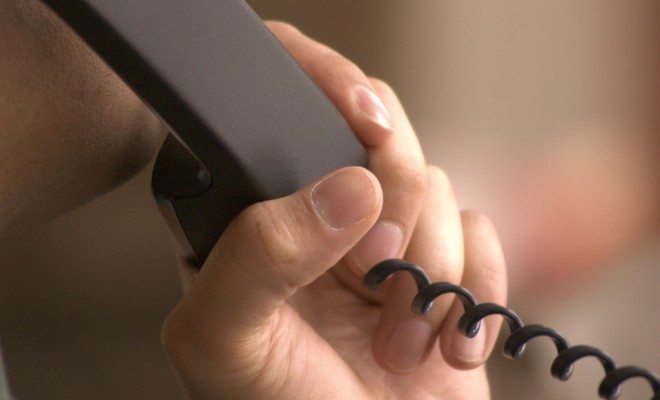 Image courtesy of [Martin Cathrae via Flickr]
Image courtesy of [Martin Cathrae via Flickr]
News
FCC Lowers the Cost of Prison Phone Calls
The Federal Communications Commission (FCC) is officially reducing a big burden for American prisoners–the huge cost of prison phone calls. On October 22, the FCC voted to lower the cost of jail and prison phone calls in both and state and federal prisons.
The FCC explained its motivation for changing the rules, disclosing:
Acting on its mandate to ensure that rates for phone calls are just, reasonable and fair for all Americans, the FCC is working to rein in the excessive rates and egregious fees on phone calls paid by some of society’s most vulnerable: people trying to stay in touch with loved ones serving time in jail or prison.
In most cases, inmates’ telephone calling options are limited to one or more of the following calling types: collect, debit account or pre-paid account. Also, incarcerated persons typically may not choose their long distance service provider. These factors, combined with unrestricted long-distance rates, often result in unreasonably high phone bills for inmates’ families.
Currently, phone calls in some prisons can run as high as $14 per minute. Traditionally, prisons or jails have entered into contracts with companies that provide the phone services. Those companies get a chunk of the charges, so there’s motivation to keep upping the prices.
But under the new regulations, phone calls from inmates will be as low as 11 cents per minute in some prisons. Fifteen minute calls, both in state and out state will be capped at $1.65. Additionally, certain service charges will be capped. For example, service charges on Telecommunications Relay Service equipment–equipment that allows deaf or otherwise disabled inmates to make calls–will be prohibited. Flat rate calls will also be eliminated. These new regulations will go into effect in 2016.
These high rates were a hugely prohibitive cost for families who have loved ones in prison. It can break families apart–more than 2.7 million American children have an incarcerated parent. Moreover, it could be dangerous to cut prisoners off from their families. Evidence shows that allowing prisoners to talk to their loved ones can reduce recidivism rates. Cheryl Leanza, an advocate for reforming prison phone policies explained to the Sacramento Bee, “Society and communities are safer because they’re not going to re-offend if they stay connected with a network that can check in with them and make sure they’re alright.” The FCC did a good thing this week by making sure that families can check in with their loved ones–regardless of legal status.








Comments